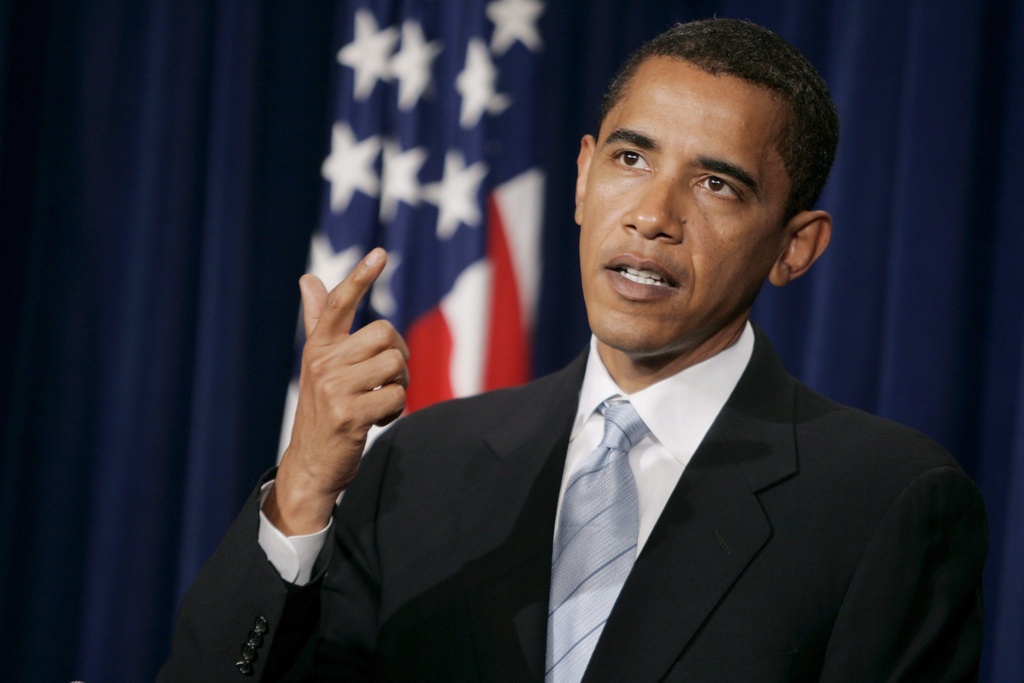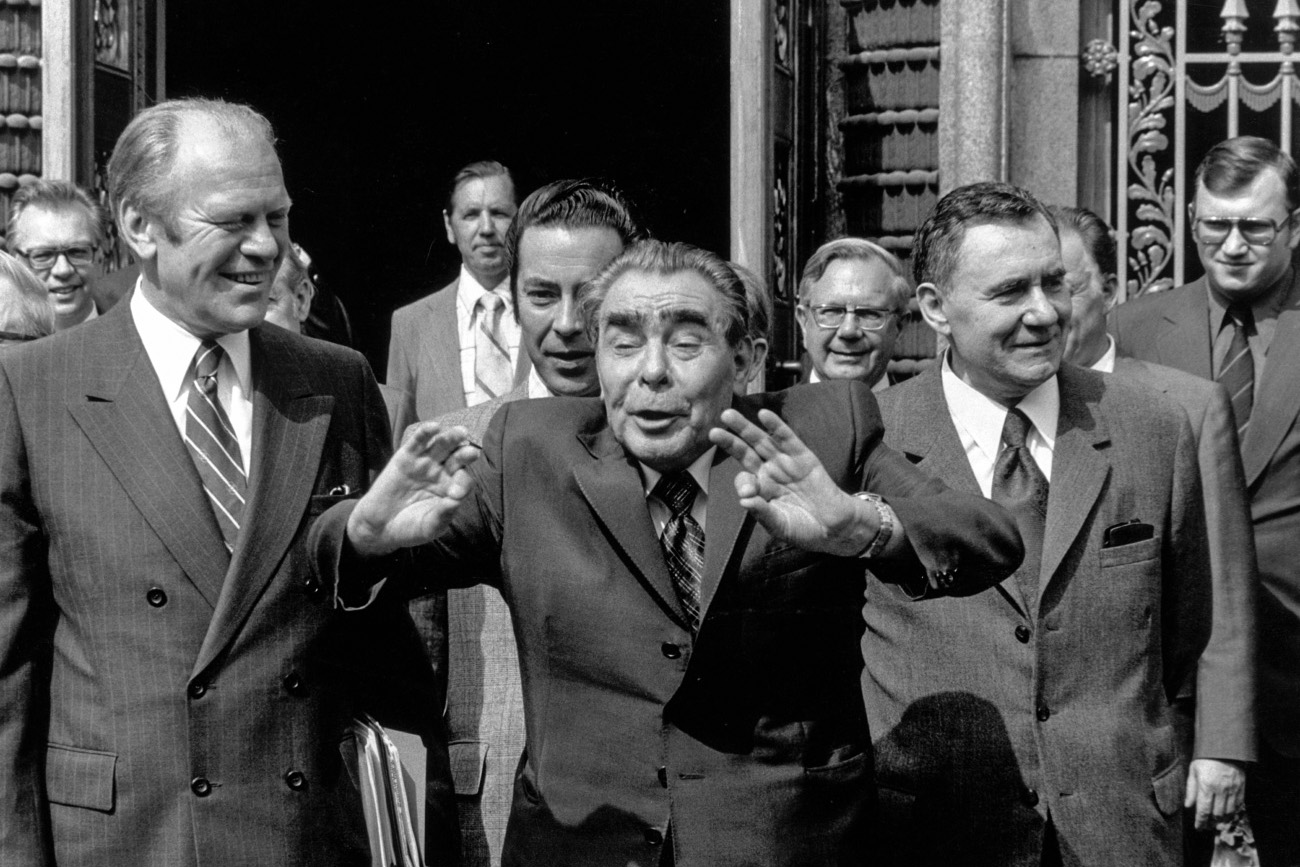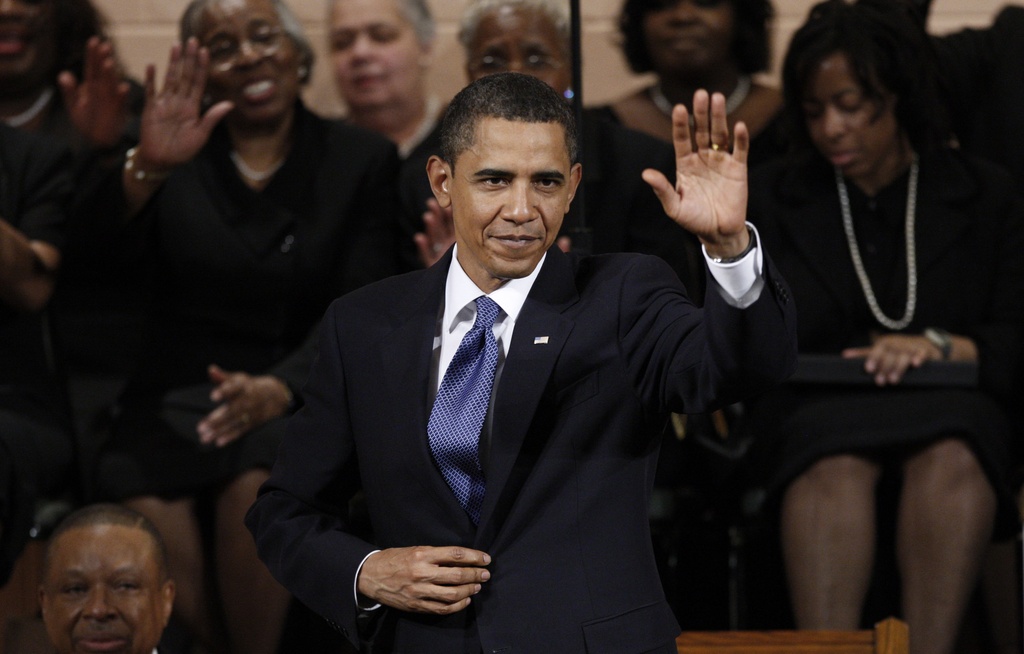
US reforms are “no constraint” on big banks

The United States Congress passed the country’s most comprehensive financial reforms since the 1930s on Thursday, but doubts remain about the overall impact on banks.
Swiss banks, like their US counterparts, have been using lobbyists to fight their corner while the reform was being drawn up, and Switzerland’s biggest bank Credit Suisse has already surmised that there won’t be any major impact on their US operations.
Spurred on by the most expensive public rescue plan in US history after the 2008 financial meltdown, the reforms have been one of President Barack Obama’s main priorities.
Obama promised that it would introduce “the strongest consumer protections in history”, “ensure that we don’t have another crisis caused by the irresponsibility of a few” and that “there will be no more taxpayer-funded bailouts”.
While some agree with the final result, others say financial reform will not change the rules of the game.
“There are some very important things in this bill,” says Gregory Wierzynski, an advisor to the US Chamber of Deputies Banking Committee. A former Time magazine bureau chief, he lived and studied in Switzerland before emigrating to the US.
Wierzynski cites the fact that derivatives will now be managed by a clearing house that will pool the risks associated with such transactions. “The clearing house for derivatives was proposed in 2000 and abandoned because the derivatives business was so profitable, but now, given the 2008 collapse, banks are compelled to accept that.”
Another important step is a government agency for the protection of consumer credit, he adds. Up until now, this task was carried out by several agencies, and their lack of authority and of coordination played a role in the financial crisis.
Cosmetic changes
Nomi Prins, a former investment banker at Goldman Sachs and Bear Stearns who went on to write books revealing the secrets of the world of high finance, believes that the reform “does not fundamentally transform Wall Street, not the mentality, the size or complexity of financial institutions nor their power”.
“The reform makes superficial changes, but the nature of the market remains the same,” says Prins.
Lynn Turner, the former chief accountant of the US Securities and Exchange Commission (SEC), goes even further, saying: “It’s anything but reform.”
For Turner, the White House and Congress are “defending the banks instead of seriously regulating them”.
“Reform does not impose real constraints on the ‘too big to fail’, those banks whose failures pose a systemic risk to the economy, we should expect that taxpayers will have to bail them out again,” he says.
In the Senate, Russ Feingold, one of Obama’s few Democrat friends to vote against the reform, has expressed concern that the final text is a watered-down version of an original bill that was already weak.
To attract the votes of a handful of Republican congressmen and senators, Democrats abandoned in particular the idea of a tax on banks that could have raised more than $17 billion (SFr 17.8 billion).
Above all, Feingold regrets that “this reform does nothing serious about the banks that are ‘too big to fail’ and does nothing to restore the firewall between deposit banks and investment banks” – a reference to the Glass-Steagall Act that was passed after the Great Depression to limit speculation but later abolished in 1999.
It’s complicated
For his part, Wierzynski believes the impact of the reform is also undermined by the fact that many measures will not take effect for years and that the US law has no equivalent anywhere else in the world.
Moreover, there is no guarantee the reform will be implemented, he says. “Because it’s a very complicated law and a very long document on a subject that most Congress members don’t know much about, there will be more technical corrections made after the vote than on other bills, and the problem is that these corrections can be often used to alter the substance and the meaning of the provisions.”
“Plus, if the Republicans take the House in November or come close to it, there will be substantial changes to the law.”
Many provisions of the reform will have to be clarified by implementing decrees made by ministries and relevant government agencies. The pressure that was previously exerted by bank lobbyists, including those of UBS and Credit Suisse, while the reform was being drawn up in Congress, is now targeting these different branches of the executive.
“The history of banking regulation is that lawyers and other representatives of the banks and regulators themselves have managed to twist the rules to the advantage of the banks,” says Wierzynski.
It’s not surprising, then, that the communications director at Credit Suisse in the US, Duncan King, was able to tell swissinfo.ch back in June that although the banking giant expects the regulatory system in the US to change, “we do not expect material impacts on our business.”
Marie-Christine Bonzom in Washington, swissinfo.ch (Adapted from French by Jessica Dacey)
The 2,300-page bill aims to address regulatory weaknesses blamed for the 2008 financial crisis that fuelled the worst US recession since the 1930s.
It gives regulators broad authority to rein in banks, limit risk-taking by financial firms and supervise previously unregulated trading.
It also makes it easier to liquidate large, financially interconnected institutions, and it creates a new consumer protection bureau to guard against lending abuses.
The Center for Responsive Politics, a US watchdog organisation, says the financial and banking sector invests more than any other sector in political life in Washington – $3.8 billion in lobbying Congress since 1989 and $2.3 billion in donations to elected members, candidates and parties.
Swiss banks UBS and Credit Suisse figure in the top 100 companies most financially present in American political circles since 1989. In this ranking, UBS comes 51st, is the third non-US company, after two British companies and ahead of Credit Suisse (63rd).
Since the start of 2010, Credit Suisse has made $805,000 in political donations and UBS $600,000.
In the debate on reform, UBS and Credit Suisse funds have gone especially to members of the Committee on Financial Services of the House and Senate Banking Committee, two organs that played a key role in drafting the text.
(Source: Center for Responsive Politics)

In compliance with the JTI standards
More: SWI swissinfo.ch certified by the Journalism Trust Initiative










































You can find an overview of ongoing debates with our journalists here . Please join us!
If you want to start a conversation about a topic raised in this article or want to report factual errors, email us at english@swissinfo.ch.